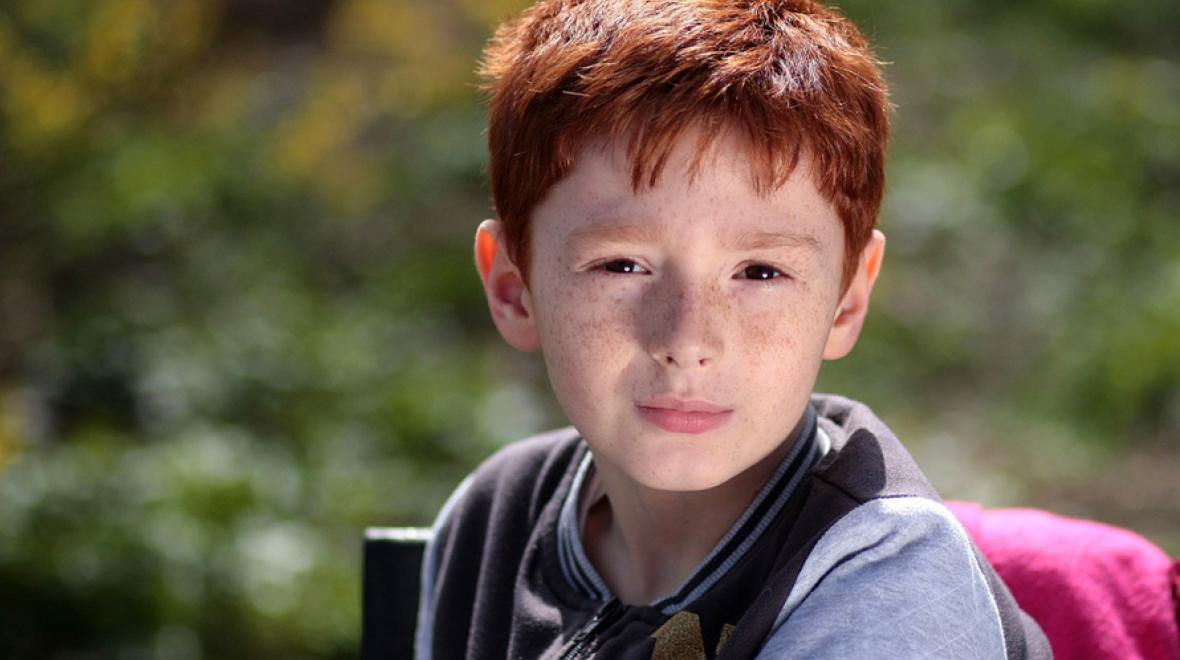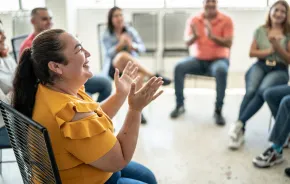
I have two sons. Max, my oldest, was on the debate team in high school, gave a speech at graduation, attended American University and now has a job at a film production company in Washington, D.C., where he lives with his girlfriend of three years. He was also unbelievably difficult to parent when he was young. As my wife puts it, he was like a CEO without a company to run. It took him until he was about 10 before he fully understood that my wife and I — not him — were in charge of the house. After that, I’m happy to report, it got much easier to parent him.
My younger son, Sawyer, was the opposite. Most of the time, he just wanted to play by himself. In fact, that’s all he wanted to do — a habit so acute that it contributed to his autism diagnosis at age 7. After that, things got much less simple. There were different therapies, individualized education program (IEP) meetings and outbursts in stores and at family gatherings.
It’s easy to assume that we parent Max and Sawyer differently. There are, of course, some differences.
When they were younger, Max always needed us to do things for him, and there was always so much negotiation. Sawyer, meanwhile, just wanted be left alone; we spent a lot time figuring out how to get him to do something, anything, with us.
And as the resident chauffeur, I was always driving them somewhere: Max to Pokémon tournaments, debate competitions and movies with friends; Sawyer to occupational therapy, speech therapy or whatever new therapy we were trying that year.
As for school, Max was doing all his homework in his room with the door closed by the time he was in middle school; we were not allowed to help him. For Sawyer, my wife and I have been the ones teaching him — day in, day out — for the past five years.
But these differences are misleading. In reality, I’ve parented both my boys in precisely the same way: by asking myself, “What is the best thing I can do at this very moment?” That’s it, really. The fact that I come up with different answers for my different sons is not particularly important.
“What is the best thing I can do at this very moment?” is a great question because it simplifies things. When you have a child with what’s typically categorized as “special needs,” it’s easy to become overwhelmed; their “special” needs seem to ask more of you as a parent. But the only question I can ever answer authoritatively is what I should do at this very moment. The rest is conjecture and noise.
Parenting is often an attempt to predict the future, to sow seeds in the present that will grow into future successes for your children. That they may fail to find love or make a living or thrive or be happy is unthinkable. You love them and want them to be as happy as a person can be. But their lives wait for them out there in the shadowy future — a future that can seem even dimmer when your child is on the autism spectrum. Sometimes it’s hard to imagine that future at all.
I know because I’ve tried. From time to time, I find myself squinting into Sawyer’s future, and I come away dizzy. But I never go wrong when I bring my attention back to the present, back to where I actually am and where he actually is and ask myself what the present moment wants from me. Sometimes, I don’t like the answer and I make a mess of things. No matter. There’s always the next moment, just as ready and useful and available as the last, and just as ready and useful and available as all our moments will be into the friendly future.
Read the full collection
|











